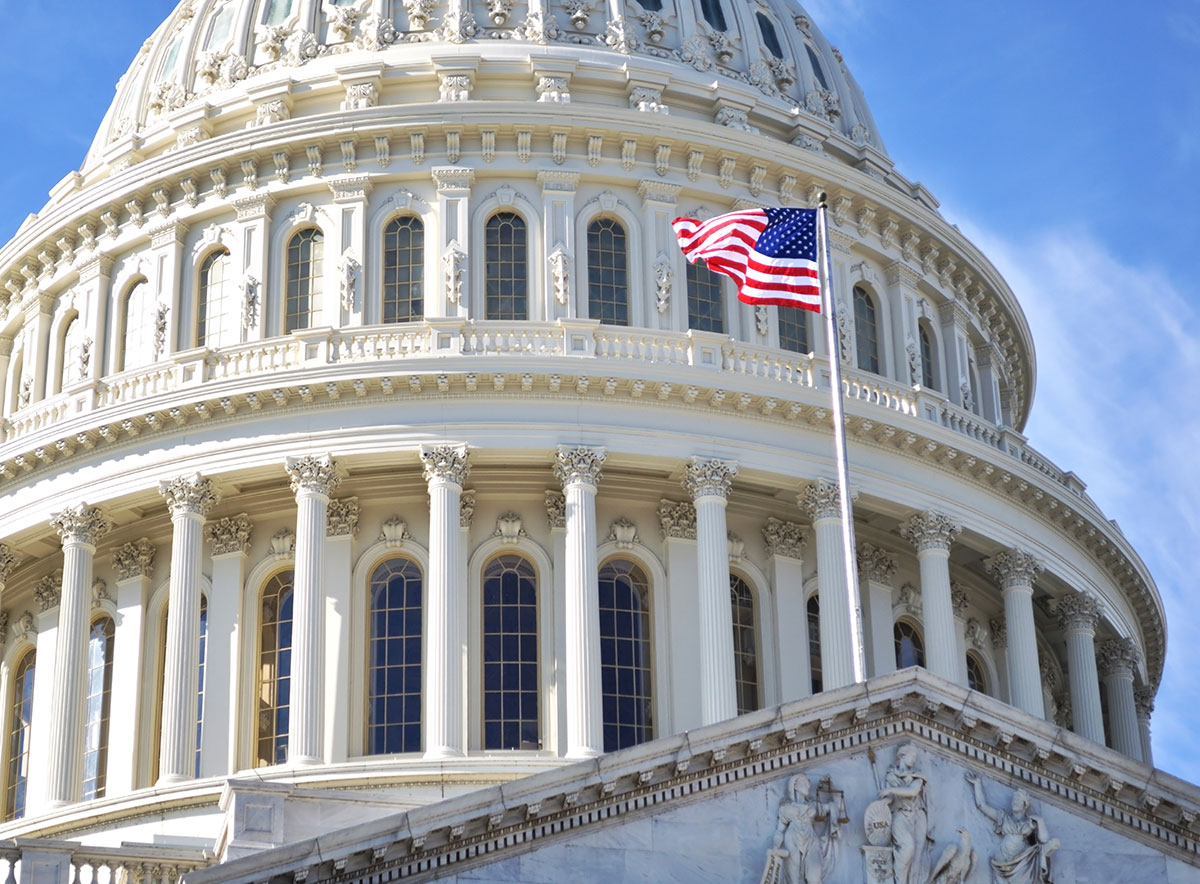Tensions rose during a closed-door meeting Wednesday between Senate Democrats and leading crypto executives as negotiations over a major digital assets bill intensified on Capitol Hill.
The meeting came days after a six-page draft of the legislation, prepared by Democratic lawmakers, was circulated among industry insiders. The proposal would authorize U.S. regulators — including the Treasury Department — to determine when a person or entity exercises “control or sufficient influence” over a digital asset project. Industry participants argue the provision could have far-reaching consequences for decentralized finance (DeFi) protocols.
According to sources familiar with the meeting, the first half-hour was spent with industry representatives outlining broad principles. However, exchanges soon became heated. One Democratic senator reportedly warned participants, “Don’t be an arm of the Republican Party. They used you all and your megaphones to f— us.”
Lawmakers expressed frustration with the pace of progress and hinted that recent delays — including disagreements over process and outreach — had set the bill back. “If something happens similar to what happened last week, it’s gonna set us back again,” one senator reportedly said.
Executives present included Coinbase CEO Brian Armstrong, Galaxy Digital CEO Mike Novogratz, Circle CSO Dante Disparte, and Kristin Smith of the Solana Policy Institute, among others. Smith described the session as “necessary,” adding that while Democrats appear motivated to get the bill passed, “there’s still a lot of education that needs to be done.”
Meanwhile, Senate Republicans led by Banking Committee Chair Tim Scott convened a separate meeting. Scott’s office called on Democrats to begin “serious bipartisan discussions” and to commit to a timetable for committee markup.
The proposed bill seeks to delineate oversight between the Securities and Exchange Commission (SEC) and the Commodity Futures Trading Commission (CFTC), while introducing the term “ancillary asset” — a classification intended to distinguish certain crypto tokens from securities.
With the legislative calendar narrowing ahead of the election cycle, lawmakers face increasing pressure to reach consensus before political priorities shift. Passage would still require Senate approval, reconciliation with the House, and a final presidential signature.
The post Senate Democrats, crypto leaders clash over sweeping digital assets bill appeared first on Crypto Reporter.


